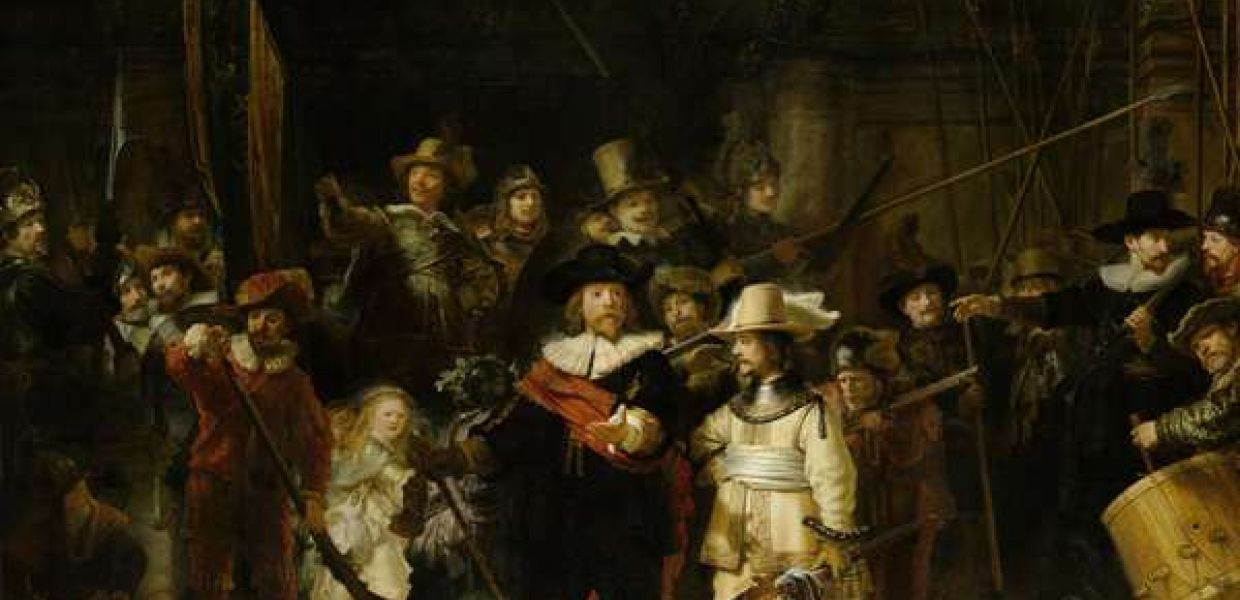Determining the Social Principles of Europeana Cloud

Europeana Cloud is a project that is creating a shared hosting and computing infrastructure for the cultural sector.
On Wednesday 18 September, Europeana Cloud organised a workshop hosted by the Rijksmuseum in Amsterdam to discuss the social principles of Europeana Cloud - the principles that govern how stakeholders, such as data providers and users, should interact and collaborate with each other. The goal of the day was to find out the stakeholders' requirements for the cloud, in order to ensure that Europeana Cloud is built to suit the cultural sector.

'Nachtwacht' by Rembrandt, Rijksmuseum, public domain
The day started with a brief tour of the newly reopened Rijksmuseum. Interesting little fact: Did you know that the famous Night Watch by Rembrandt has its own escape hatch? It was built in the 1930s to use in case of emergency. The painting slips down through the hatch into a cycle path that cuts under and through the Rijksmuseum!
After this great ice-breaker, we went to work exploring the many different types of social principles that should govern Europeana Cloud in a day-long creative brainstorm. These principles are a more concrete implementation of the Europeana Cloud High Level Principles.
The principles that were discussed were wide and varied: enlarging the research community that uses heritage data and content; increasing the number of citations of cultural works; tailoring access to parts of collections according to defined user groups; having higher quality content and metadata (through sharing and enrichment possibilities); having more content to make it more cost-efficient for data providers; having cheap storage; and having metrics to see how data/content is being used.

Photograph of the workshop, by Julia Fallon.
However, one key principle that kept cropping up was the idea that Europeana Cloud needs to be governed by its stakeholders. This notion of a shared ownership of Europeana Cloud is in line with the Europeana Cultural Commons principles. It means that each data provider not only owns and controls their own data on the cloud, but they also participate in determining how other users interact with the tools and services available through Europeana Cloud.
It was agreed that these tools and services should enable efficient online storage and the sharing of cultural heritage content with users, including other institutions and researchers. This should be enabled through a suite of Application Programming Interfaces (APIs) that allows different groups of users to create new tools and services on top of the data stored in Europeana Cloud.
Operating under a coherent governance model, and a robust technical infrastructure, Europeana Cloud should deliver easier ways of publishing datasets to a sharing platform, one which also shows the authority and integrity of its providers.
With a lot of requirements identified and debated, we moved on to mapping the key requirements against the level of impact they would have. The results from this were used as the basis for the following two workshops addressing the legal and economic principles, which will be further summarised within WP5 Deliverable D5.1 which translates the output of the workshops into the 'minimum requirements for Europeana Cloud'. More on the following two workshops shortly!

